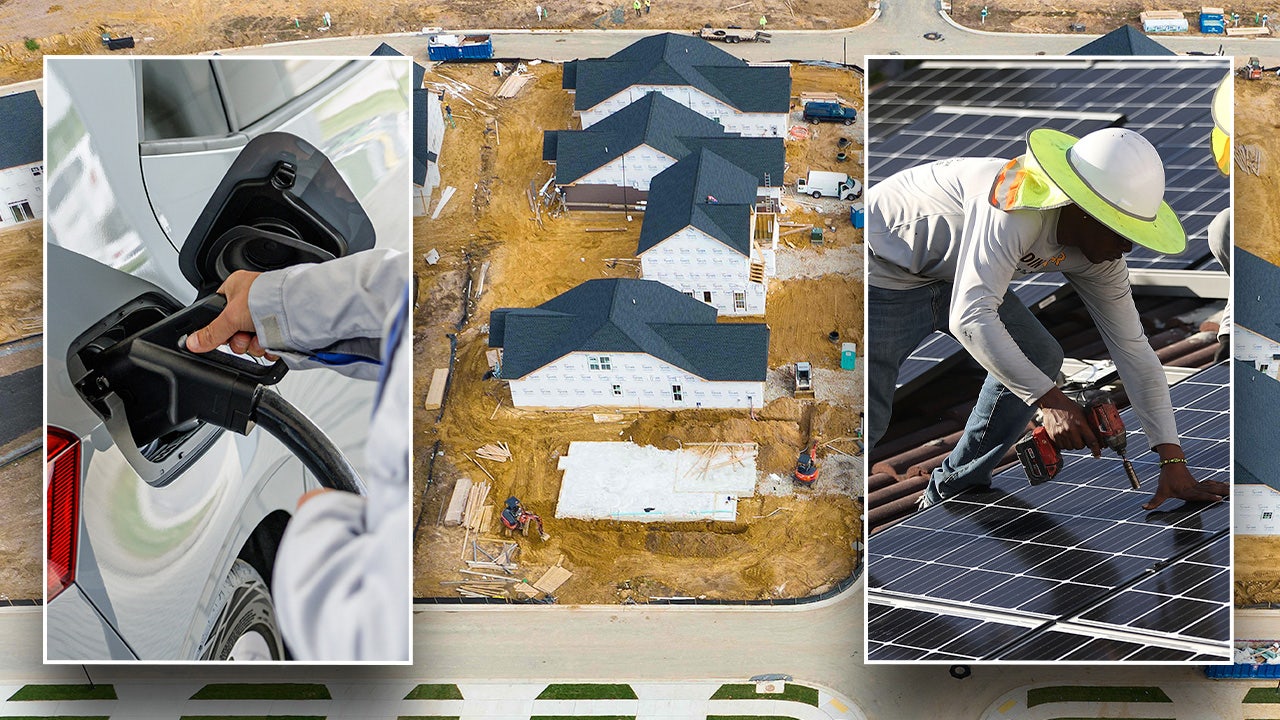bill1952
SAWHORSE
I assume many of you received the notice of the appeals. Seems like a mess.
Your premier resource for building code knowledge.
This forum remains free to the public thanks to the generous support of our Sawhorse Members and Corporate Sponsors. Their contributions help keep this community thriving and accessible.
Want enhanced access to expert discussions and exclusive features? Learn more about the benefits here.
Ready to upgrade? Log in and upgrade now.
Check out the FAQ - https://support.iccsafe.org/article-categories/iecc-development-process/I did receive that and was a little puzzled by something. I have been told that the IECC is no longer a consensus code, at least a consensus the same way all the other codes are. I was told that there are no code change proposals or votes on the codes similar to what is used for the other codes. But then I see an appeal to the consensus approach. I wonder if this is an appeal to the fact that there is not a real consensus approach.
Is the IECC using a process for code development and implementation different from the rest of the codes?
Some of us are the ones filing the appeals.....I assume many of you received the notice of the appeals. Seems like a mess.
Is the IECC using a process for code development and implementation different from the rest of the codes?
Thanks for the clarification. Do the appeals work for specific provisions, or for administrative issues only?Check out the FAQ - https://support.iccsafe.org/article-categories/iecc-development-process/
Basically, the process is consensus development process via committee, subcommittee, and work groups. The process mimics how other ICC standards are developed, moving away from the process used for the other codes (IBC, IRC, etc.). One of the major differences being that the final voting is by the committees, which are constituted with 9 interest categories, and not by the AHJ governmental voting members.
Likely the same way I do.CT kinda nailed it...no final governmental vote and actual "code enforcers" were barely represented on the committee....Problem is they jammed in a bunch of electrification stuff into the base code that has nothing to do with "Energy Conservation" and does not fit in the scope and intent as written by the ICC BOD. To get that they made a "backroom" deal with another of the big players on the committee to reduce the minimum ceiling insulation which will have a negative effect on energy conservation, but hey, it's what they had to do to get the thing that shouldn't be there in....
Ask me how I really feel...
I'd suggest reviewing the appeals that were submitted. There are 9, submitted by 5 organizations.Thanks for the clarification. Do the appeals work for specific provisions, or for administrative issues only?

Agree. They have jumped the shark.The IECC is getting so complicated and costly to comply with that many states just won't adopt future editions or will modify them heavily. For example, R404.1 requires only high efficiency lights, then R404.2 requires dimmers or occupancy sensors on top of that!
I worry if jurisdictions and states don't make more effort at this, the feds will step in, and that never seems to go well.The IECC is getting so complicated and costly to comply with that many states just won't adopt future editions or will modify them heavily. For example, R404.1 requires only high efficiency lights, then R404.2 requires dimmers or occupancy sensors on top of that!

